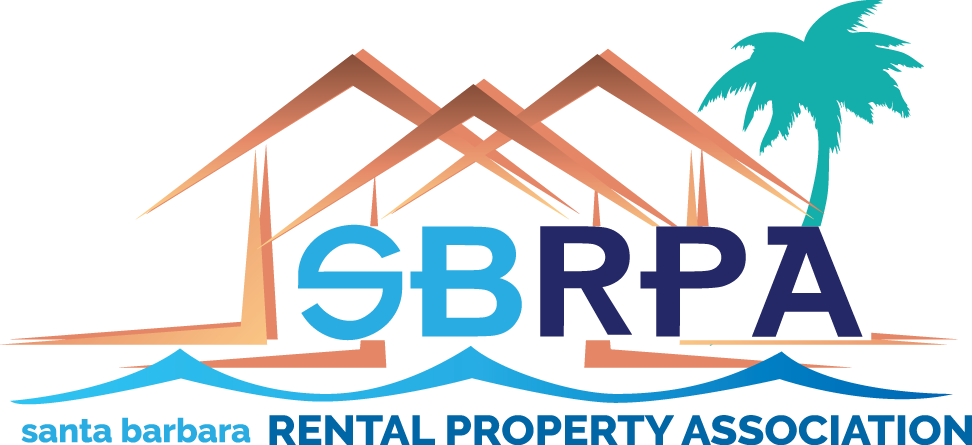Prop 13 Changes
What is a split roll . . . and why should I be terrified of it?
“Split roll” is a shorthand term for proposed changes to Proposition 13 that would allow higher property taxes on businesses than on homeowners. The “roll” is the county assessor’s property tax roll, the list of all real estate parcels that are subject to property taxes. “Split” refers to a division into two parts: residential and nonresidential property.
Under Proposition 13, which became part of the state constitution when voters approved it in 1978, all property in California is assessed under the same rules and taxed at the same rate. The tax rate is 1 percent, and the assessment is set at the property’s fair market value, usually the sale price, at the time it changes ownership. Thereafter, Proposition 13 limits increases in the assessed value to 2 percent per year or the rate of inflation, whichever is lower, until the property changes ownership again.
WATCH OUT
In 2018, a “split roll” proposal garnered enough signatures on petitions to be eligible for the 2020 ballot. Proponents have given this initiative the friendly title, “California Schools and Local Communities Funding Act,” but what it would do to California’s economy isn’t friendly at all.
The initiative would revoke Proposition 13’s protection from nonresidential business and commercial property and require the reassessment of those properties to fair market value. This would be a massive tax increase on office buildings, retail stores, shopping malls, movie theaters, gas stations, supermarkets, factories, warehouses, self-storage facilities, auto dealerships, car washes, restaurants, hotels and every other job-creating business in the state. Even very small businesses that lease space in a strip mall would see their operating costs jump sharply as a result of tax increases passed through from landlord to tenant.
The cost of living, already high in California, would be pushed even higher by this huge tax increase, which would hit every business in the state at the same time. Don’t be fooled when “split roll” advocates say that it just hits businesses. When their costs go up, so do the prices you pay for goods and services. Just as bad, the “split roll” would make California’s brick-and-mortar businesses increasingly uncompetitive with online businesses based in other states, where costs are far lower, and would accelerate business flight out of California.
YOUR RIGHTS ARE NO LOOPHOLE
Advocates of a “split roll” say it merely closes a “loophole.” They maintain that voters never intended Proposition 13 to apply to commercial property, but this isn’t true. California has had a single or “unified” roll, treating all property the same, since the 1800’s! Proposition 13 didn’t change that.
In recent decades there have been a number of attempts to attack Proposition 13 and create a “split roll.” So far, all such efforts have failed. But if this latest initiative is successful, its proponents will continue to assault Proposition 13, not directly with an attempt at repealing Prop. 13 entirely, but piecemeal. They would seek to revoke taxpayer protections and to raise taxes on apartments and homes. They would chip away at Proposition 13 until it is all gone.
Information provided by Protect Prop. 13, A Project of the Howard Jarvis Taxpayers Association. Go online to HJTA.org and click “Take Action” to join.
